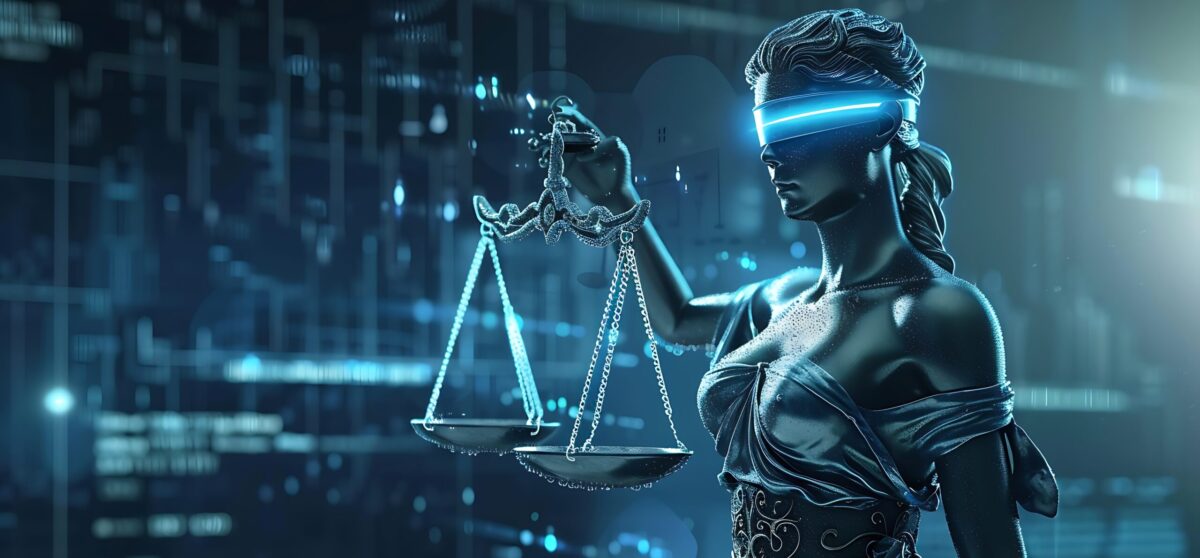
Written by Dylan Gonzales
Editor’s note: On Nov. 15, The Business Journal’s news team put together a roundtable discussion featuring representatives from several industries…

Editor’s note: On Nov. 15, The Business Journal’s news team put together a roundtable discussion featuring representatives from several industries…
2/3
Article views
remaining
To continue website access to
TheBusinessJournal.com
please create a FREE account OR login here.
1/3
Article views
remaining
SKIP THE POP-UPS — Subscribe Today & Save $20!
Stay informed with The Business Journal—your go-to source for local business news and insights.
Your Subscription Includes:
Use Promo Code WEBSUB20 to save $20 on your subscription!

Already a member? CLICK HERE to login.
XX Days Remaining
Want access now? We don’t blame you!
Unlock unlimited access to TheBusinessJournal.com and start receiving exclusive business news and insights today.
Use Promo Code: WEBSUB20 to save $20
* Offer Valid for new subscribers only